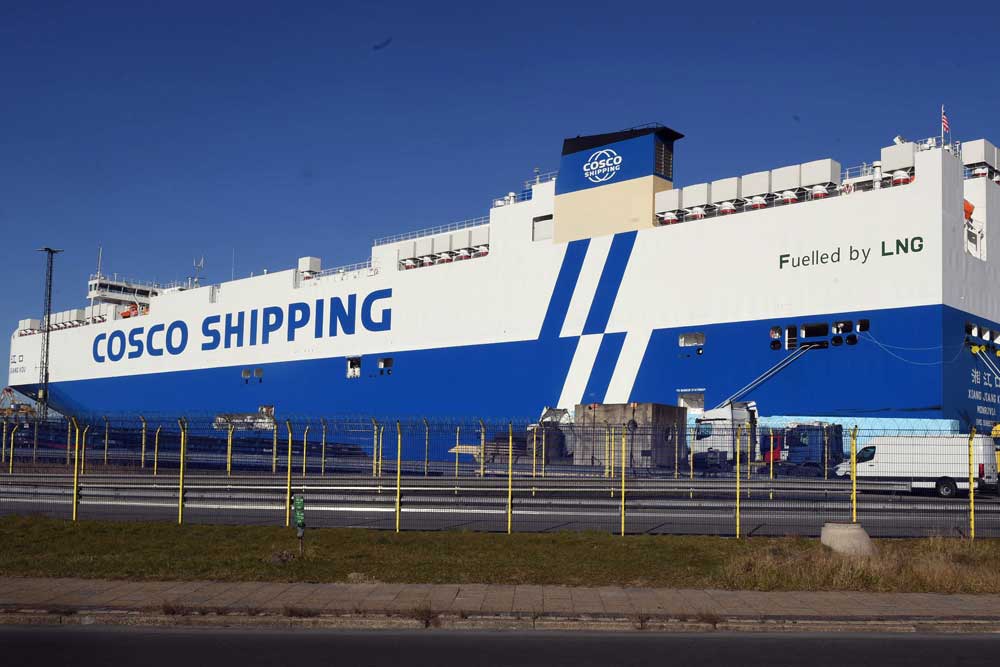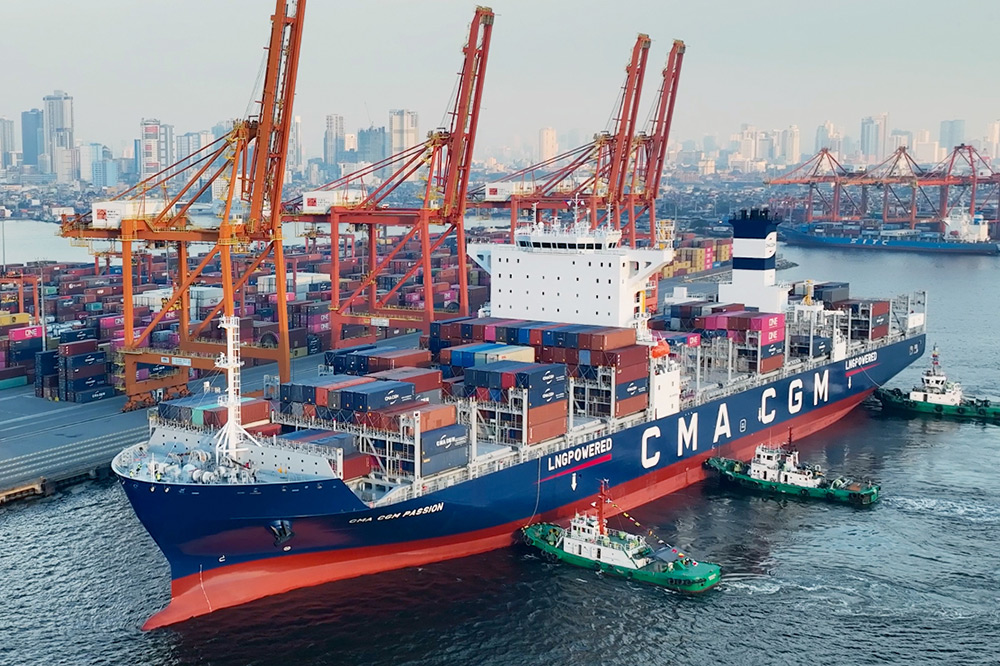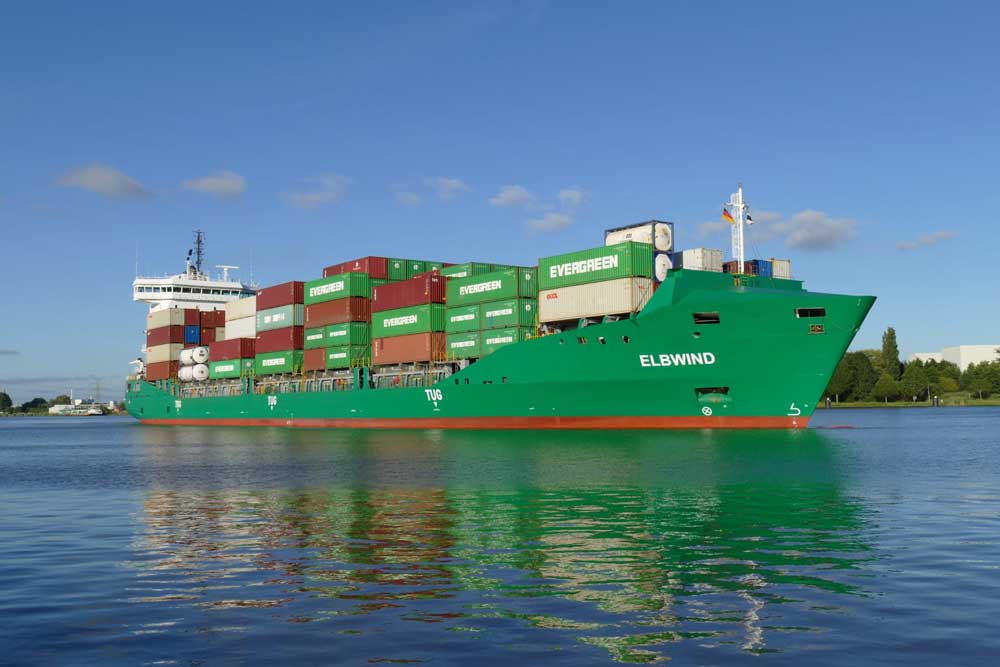Methanol, ammonia or hydrogen? Mining group BHP is now interested in using nuclear energy to decarbonize bulk shipping.
The mining group BHP, which is mainly active in South America and Australia, is one of the world’s leading producers of raw materials such as iron ore, copper, nickel and metallurgical coal. In order to decarbonize the transport of raw materials, the company has already experimented with rotor sails or ordered ships with LNG propulsion. Other possible alternatives are also being examined now. [ds_preview]
BHP has commissioned the Dutch nuclear energy developer ULC-Energy to investigate the options for nuclear technologies for the propulsion of commercial seagoing vessels. The study compared the main features of various civilian reactor concepts with the requirements for potential use in commercial maritime shipping. In addition, ULC-Energy assessed several regulatory, operational and commercial challenges, such as port access, licensing and ship classification, capital costs and crew training and certification.
So far, the shipping industry’s efforts to decarbonize fleets have focused on energy efficiency through the use of larger ships, improved hull designs and streamlined operations. Some shipping companies already have ships running on alternative fuels such as LNG, methanol and ammonia. According to ULC-Energy, nuclear energy is also proving to be “a promising alternative that should be considered in this mix, as it offers the potential for greater range, faster transit times and reduced refuelling requirements”. At the same time, greenhouse gas emissions during the journey would be close to zero.
However, such a “civil nuclear vision” would require significant changes, including overcoming technical challenges, updating the regulatory framework to ensure compliance with international regulations and restructuring operations. “Civil nuclear solutions have the potential to be a reliable and cost-effective alternative to other marine fuels. However, it is neither simple nor easy – and it will take collaboration from a range of stakeholders to enable civil nuclear solutions for shipping,” said Dirk Rabelink, CEO of ULC-Energy.
“BHP values the importance of partnerships in identifying a range of ways to reduce greenhouse gas emissions in the maritime sector. We welcome the opportunity to support this study by ULC-Energy to explore another potential alternative,” said Rashpal Bhatti, Vice President of Maritime and Supply Chain Excellence at BHP.
Concrete results of the study are not yet available. Some time ago, the US classification society ABS published a study on the potential of zero-gravity propulsion systems in shipping. It modelled the impact of nuclear propulsion on the design, operation and emissions of a 14,000 TEU container ship and a 157,000 dwt Suezmax tanker.















